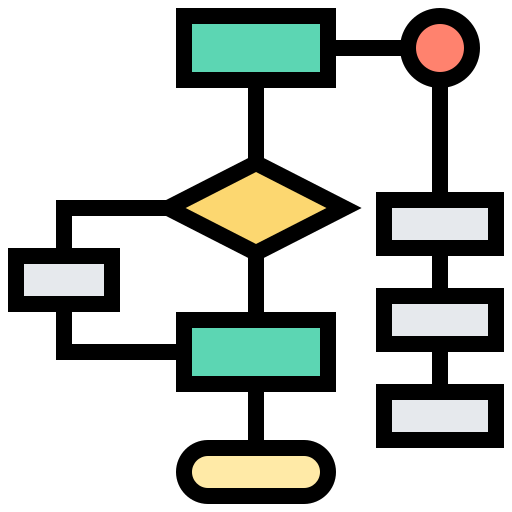HTTP 418: I'm a teapot
The server identifies as a teapot now and is on a tea break, brb
HTTP 418: I'm a teapot
The server identifies as a teapot now and is on a tea break, brb
Microsoft Memes
Microsoft: where enterprise software goes to thrive and UI consistency goes to die. These memes celebrate the tech giant that powers most of the business world while maintaining enough different design languages to make designers weep. If you've ever explained why Excel is actually the world's most popular programming language, defended Teams when it eats 90% of your RAM, or felt the special satisfaction of using PowerShell to automate away hours of manual work, you'll find your corporate comrades here. From the endless saga of Windows updates to the surprising excellence of VS Code, this collection honors the company that transformed from everyone's favorite villain to an open-source champion while somehow keeping that special Microsoft flavor of making simple things occasionally complex.

 AI
AI
 AWS
AWS
 Agile
Agile
 Algorithms
Algorithms
 Android
Android
 Apple
Apple
 Bash
Bash
 C++
C++
 Csharp
Csharp















